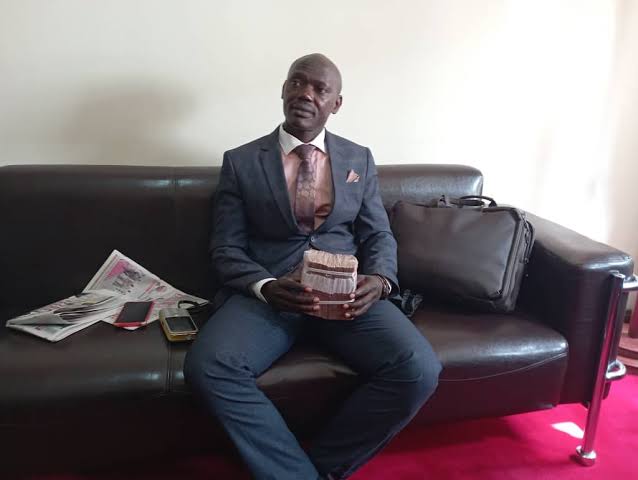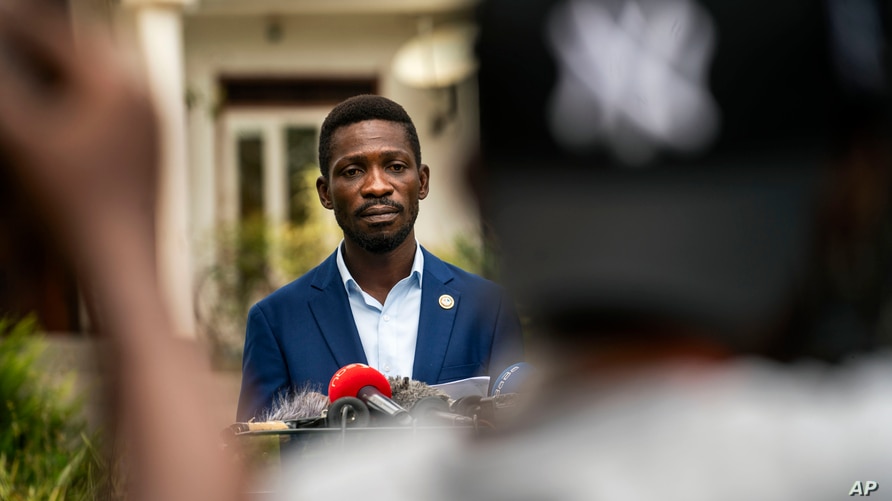The human race is facing two major threats at the moment: global warming causing climate change, and pandemics. The Covid-19 pandemic is caused by a virus, but before the advent of penicillin, less than one hundred years diseases caused by bacteria were the big killers. During the First World War hundreds of thousands of soldiers died from bacterial infections, which could now be easily treated.
With the advent of Covid we have awakened to the reality of threats from microorganisms. Technically the Corona virus is not classified as a living thing, just a piece of RNA which needs the host’s DNA to replicate, but this small piece of non-life has caused death and disruption on a global scale. Many of these viruses, which can be so dangerous to humans originated in other animals and are known as zoonosis. Communities that live close to animals, or eat wild animals, are the link to transmission.
The precursor virus that gave rise to HIV first occurred in monkeys, who transmitted it to chimpanzee, who then developed a virus, Simian Immunodeficiency Virus (SIV), which is almost identical to HIV. Close contact with Chimps allowed the transmission of SIV to humans.
The origin of the Covid-19 Corona Virus has also been hotly debated – whether it originated in a lab in Wuhan, or was transmitted to humans through the Wuhan market that specialized in selling seafood and wild animals. The most likely theory is that it existed in animals such as bats or pangolins, and was transmitted to humans in close contact with these animals. We have protected ourselves from a number of viral infections through vaccination: we now have vaccinations against polio, influenza, hepatitis, rubella, chickenpox, other childhood diseases, and most recently the Corona virus.
However, as far as the threat from other microorganisms is concerned we are going backwards. Since the discovery of penicillin in 1928 we have developed a wide range of antibiotics and come to take them for granted. In Uganda we can walk into any drug shop or pharmacy and get a supply of antibiotics without a prescription. Any farmer can get supplies of animal antibiotics without authorization from a vet. We have become so used to antibiotics that it is now common to administer self-treatment without any medical advice. A recent study by the organization ‘Anti-Microbials in Society’ in Uganda found that residents in Namuwongo automatically take metronidazole if they have diarrhea, and the unsanitary living conditions in this slum mean that diarrhea is a common problem, so metronidazole is widely used as a cure for diarrhea.
The inappropriate use of antibiotics results in microorganisms developing resistance and we are witnessing the emergence of superbugs in hospitals for which there is no treatment. I am seeing the overuse of strong antibiotics in Uganda against common infections because the antibiotic can be given through an IV cannula, which people believe is more effective. But if a patient is well enough to take an antibiotic orally there is no justification for giving it intravenously and we are simply encouraging the development of resistance in these useful second and third line drugs.
Health professionals need to sensitize the public to the dangers of the overuse of antibiotics rather than prescribing inappropriate antibiotics themselves, because if we return to the pre-penicillin era we will see devastating consequences from bacterial infections for which there will be no treatment. This would be an avoidable ‘epidemic’ so government should closely regulate second and third line antibiotics in terms of their indications for use so that they do not continue to be misused.
The author was a member of the AMIS advisory committee in Uganda.
Do you have a story in your community or an opinion to share with us: Email us at Submit an Article









